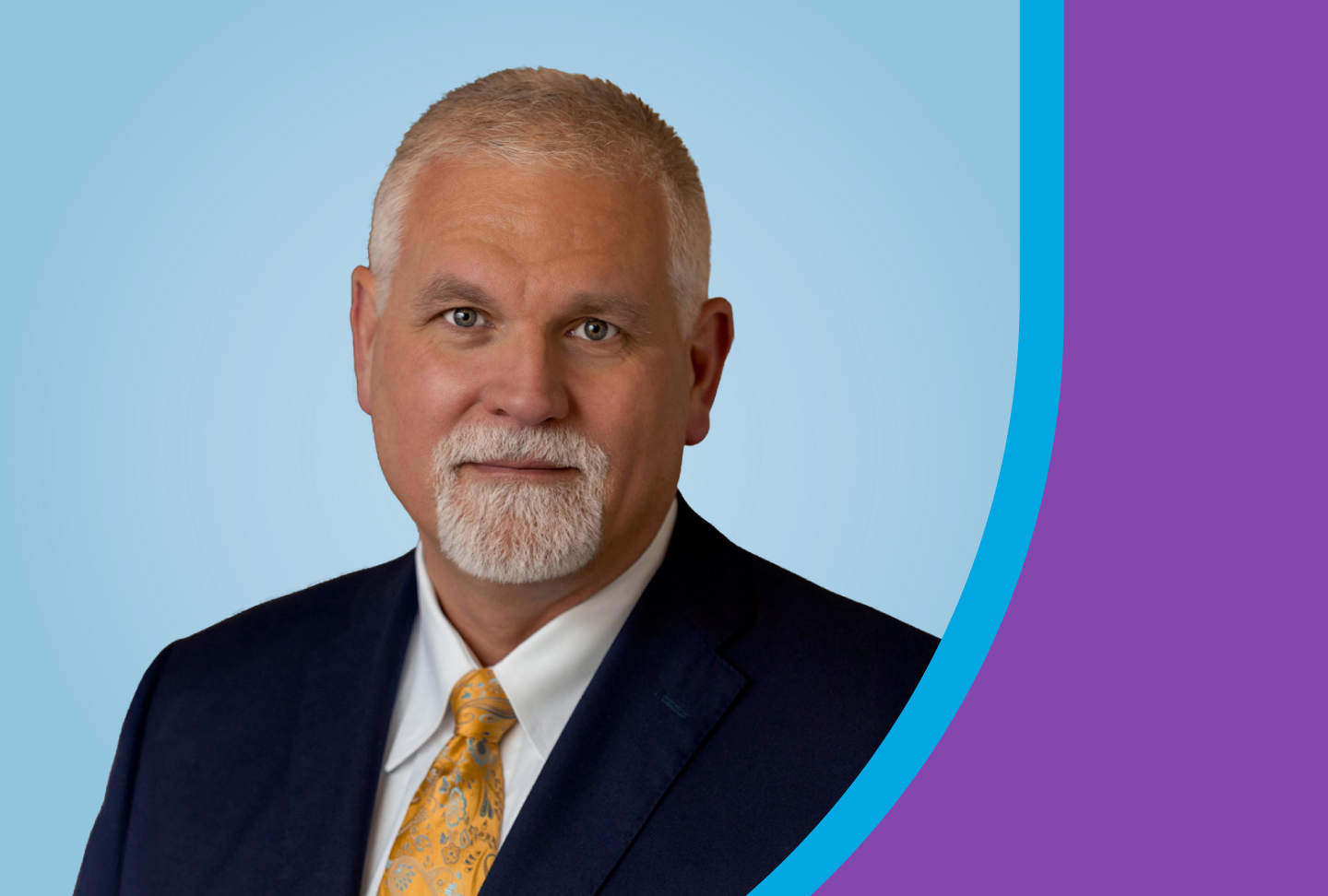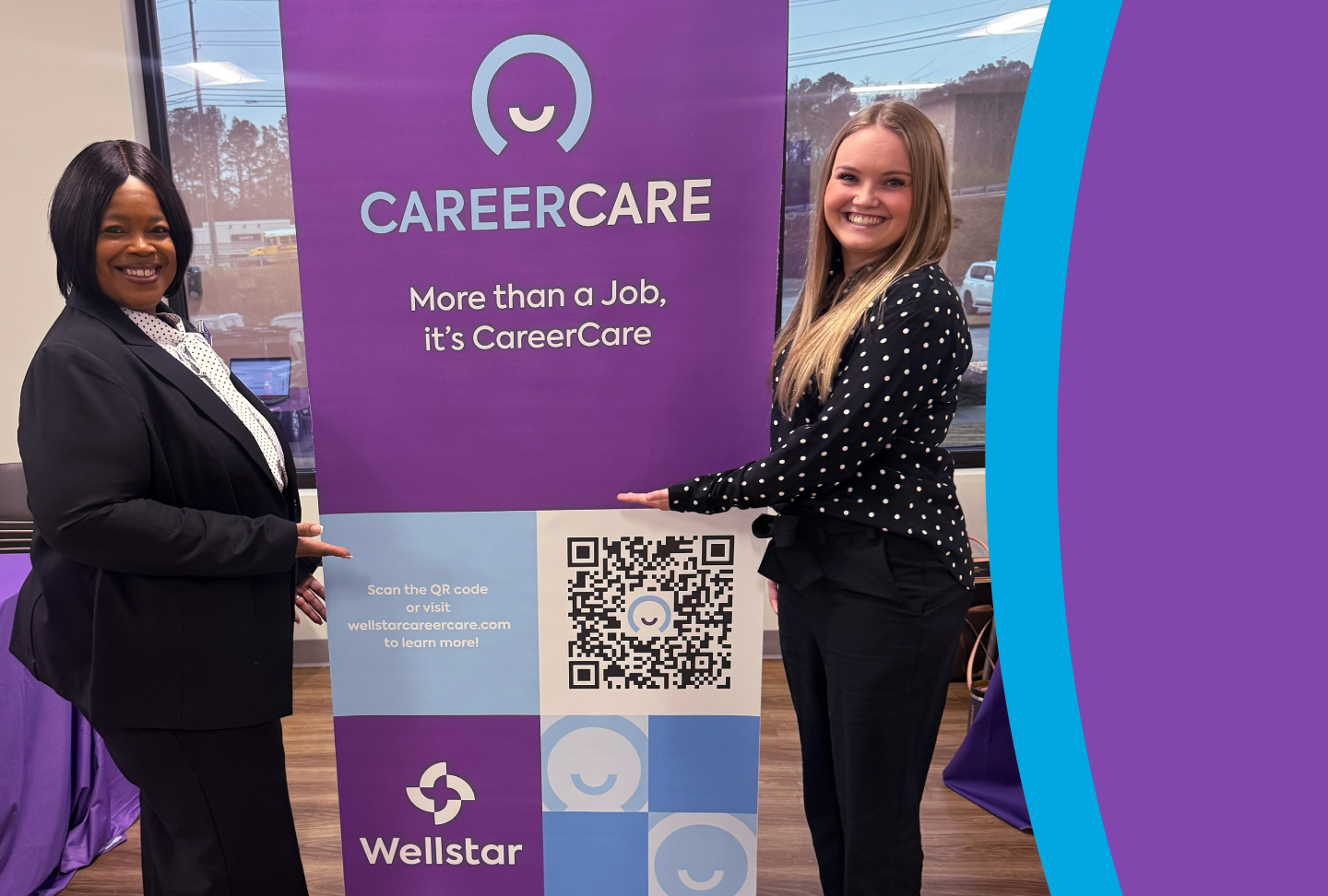The holidays can be challenging, especially for those struggling with mental health. Familial factors, unrealistic expectations, past trauma, and grief/loss can all play a role in why sometimes the holidays can be more stressful than joyful.
Physical and behavioral health outcomes are intertwined and provide a holistic view of our health. Physicians refer to assessing depression as “a vital sign” -- like checking blood pressure and heart rate. Considering the assessment of depression is essential for a person’s overall health status.
With nearly one in five Georgians struggling with mental illness yearly, treating mental health conditions and assessing suicide risk is a group effort between health professionals and state, local, and community partners. Wellstar’s director of adult & pediatric primary care behavioral health integration, Dr. Janna Williams-Pitts, helps us to understand why the holidays can be so stressful.
“When the stress response becomes activated due to something we are excited or concerned about, it can have a physiological and psychological impact. This occurs for those with and without a diagnosed mental health condition. The stress response, and more specifically chronic stress, can play a role in the onset of a depressive episode or the recurrence of heightened anxiety symptoms.”
Women are about twice as likely as men to be diagnosed with an anxiety disorder. In speaking with Dr. Williams-Pitts, we wanted to understand how specific risk factors like age and gender can make facing these holiday stressors more challenging.
“Research suggests that there are gender differences in the stress response due to biological factors, specifically hormonal differences. Women appear to be more likely to experience depression due to chronic stress, whereas men may be more likely to develop substance use disorders due to chronic stress. The APA completed a survey to assess for Stress in America in 2022. The results of this survey indicate that inflation, concerns about violence, and the racial climate in America are a few of the factors that contribute to differing experiences with stress for participants. Age differences emerged as well. Forty-six percent of adults under 35 reported feeling so stressed that it impacted their functioning whereas 42% of adults aged 35-44, 16% 45-64, and 4% of adults 65+ reported the same.”
People respond to stress in a variety of ways. Often, individuals can hide their symptoms from those closest to them. But we learned there are signs to look for in loved ones who might be experiencing stress blues during the holidays. Social withdrawal, increased substance use, change in hygiene/self-care, shifts in sleep, and experiencing feeling anxious, overwhelmed, and poor concentration can all be signs that chronic stress is starting to have an impact.
It's common for people to notice increased fatigue and feeling down due to less exposure to sunlight during the winter months. So, it’s only natural to wonder if environmental changes during winter months play a role in the onset of depression.
“Some people experience debilitating depressive episodes during the fall and winter months with significant improvement in the spring and summer months. When depressive episodes occur in a seasonal pattern, this is consistent with the diagnosis of Seasonal Affective Disorder.”
Dr. Williams-Pitts added that it is “important to identify a range of meaningful, enjoyable activities to engage in during the winter months to help reduce the likelihood of worsening depressive symptoms.”
Rescheduling appointments with your behavioral health clinician before the holidays can be tempting. Still, keeping that appointment is helpful for those who experience stress during this season. It serves as an opportunity to review your stress management plan and identify meaningful coping mechanisms, which may help the holiday season go more smoothly.
If you are wondering where to turn if you need help during the holidays but don’t have a behavioral health clinician, scheduling an appointment with your primary care provider can be a great way to connect with a behavioral health clinician.




